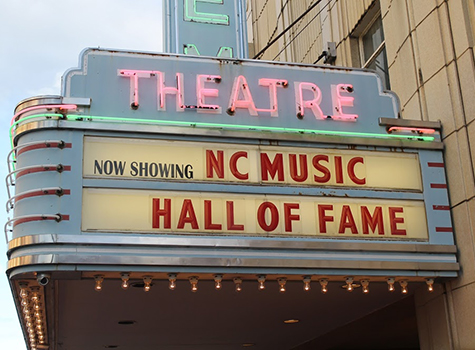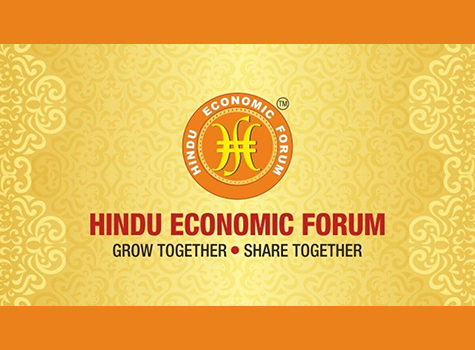Patriotism is a good thing, I guess. Lately, social media was lit up with first the celebrations of Pakistan’s independence and then, a day later, India’s independence on Aug. 15, 1947. As a global community, we are better informed than our previous generations about the politics of history.
Accusations flew across both borders, mostly, but not always, civil. Half the people were nostalgic for the British Raj. Some lamented the bloodshed during partition. Many were discussing their respective prowess during wartime.
When India tested the A-bomb during the early ’70s, our Indian neighbor, another UN official like my dad working in Bangkok, brought in a champagne bottle to our house just to annoy my father. My dad was a calm and gentle man who mostly walked around in a Buddhist monk’s robe but that really bothered him.
A couple of years before that I had seen him act downright violent during the India and Pakistan field hockey finals at the 1972 Munich Olympic Games. That aspect of him had shocked me.
Along the way, my father had discussed with the children the greater need for humanity, rather than reacting to nationalistic propaganda. Pakistan is now actively discussing whether the 1965 war against India was a stunning and absolute defeat. Scholars are coming out and saying that without UN intervention, India would have likely crushed Pakistan in a few more days.
Those were the days of the Cold War. Propaganda had become a science between the superpowers. It was not unethical for the media to declare a decisive victory in any conflict—and change the course of history for a generation of citizens with one headline.
A war is not like cricket. In cricket, you hand your trust to an umpire and past that you accept the results as final and conclusive. War has casualties: human, political, geographical. Any side can take pictures and report from the frontlines and declare victory at least in the PR battle. Indeed, the US never admitted to a defeat in Vietnam, even as thousands of South Vietnamese were clinging to helicopters inside the US compound in Saigon.
The locals and American supporters were later brutally executed as the Northern Vietnamese troops moved into the city. It was simply a matter of shutting the war down on American television. The violence was soon over in the minds of the public. That was sort of a victory, even for those who knew the full story.
It is well researched and proven that testosterone is a vital component of what we perceive as victory. Research on sports fans has proven that their hormone levels increase or tumble depending on how their team performs. Of course, this does not include European soccer fans, whose hormone levels seem to be out of control 24/7.
In general, the rest of us either hold our heads up high, or lower our heads, and exit the arena. We want to feel better, and we have put that responsibility in the hands of our sports teams, our soldiers, and our leaders.
When catastrophic events like 9/11 are absent, we tend to cluster around sports teams for a sense of unity. It is a sort of perverse nationalism. Americans drive around with football flags flying out of all four car windows. There are pizza parties. There are passionate discussions about how your overpaid hero ran the ball past the other side’s overpaid hero.
This behavior runs counter to everything I was taught, and everything I believe today. Life is not about victory or defeat. It is about bearing and carrying the burden of humanity.
That is perhaps the definition of the 21st century human. It is not an easy burden to carry, and it runs contrary to the decades-old “greed is good” philosophy. Today may be about community, rather than individual achievement and the battle for the largest bank balance. Our children may be well aware of that fact.
We humans are tribal people. We feel better in like-minded groups. Borders are just lines in the sand. If we cannot unite to defend those, we gravitate toward something else. It can be religion, or a politician, a profit-motivated war, a global cause, or a cricket team. A sports victory, in the end, is probably nothing different from any other.
Men from ancient times, when sports consisted of death in the arena at the hands of lions or other brutal opponents, used the hormone boost to party through the night. Hopefully, we see the world differently now, rather than reacting to the base instinct of latching on to the thrill of defeat and the agony of victory, or whatever the PR companies tell us is supposed to happen in a charged group environment.
The fact is that we all wake up human the next morning. It is hardly exciting or hormone-boosting to think about global hunger, terrorism, disease, natural disasters, and refugee crises. It is actually a real downer.
Best to fly four flags on your SUV supporting the Queen City Terminators ball team and drink the evening away with many like-minded fellow warriors. British surveys are saying that the new generation is having a lot less romantic interludes than their parents. Maybe our kids are growing up wiser than we were. Maybe they see a game as a game. Maybe they see dead children under the macho rolling thunder of jet fighters. Maybe they see hunger below corporate greed.
Humanity may redeem itself yet, and it will not be through cricket or a bomb.
Posted: Monday, October 5, 2015



